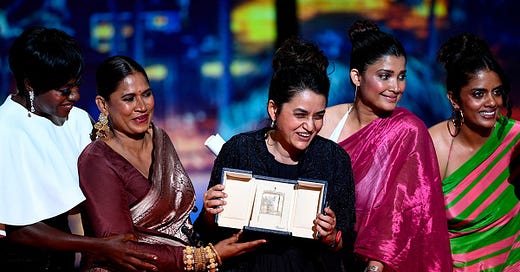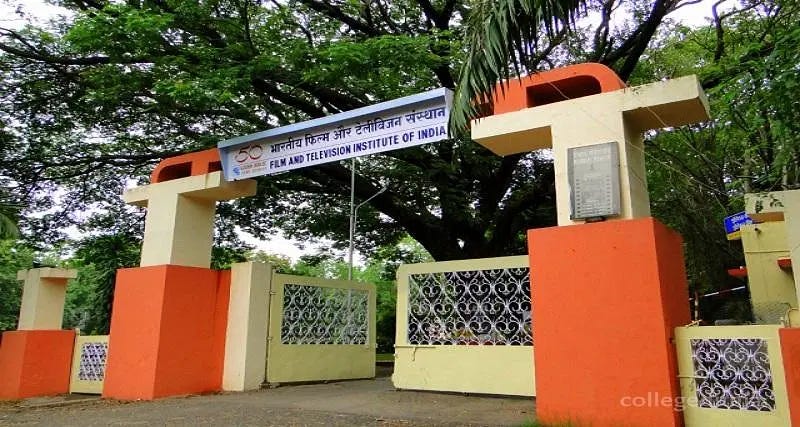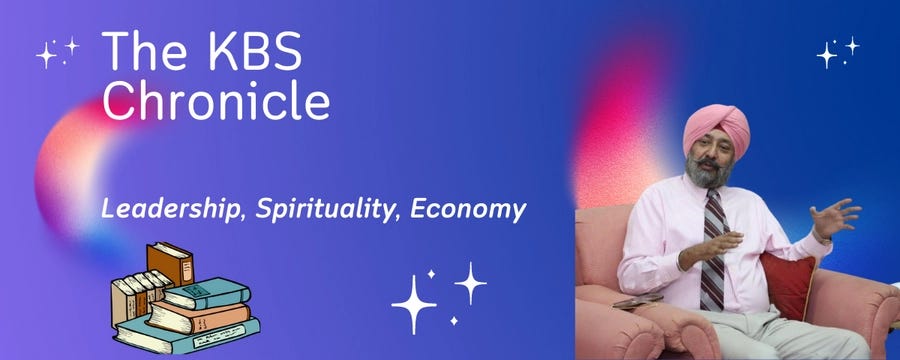Celebrating Payal Kapadia: And, Calling Out the Skewed Narrative
Celebrating Payal Kapadia: A Triumph Beyond Adversity
Introduction
Payal Kapadia on Saturday, 25th May, achieved a historic milestone by winning the Grand Prix award at the Cannes Film Festival for her film "All We Imagine as Light." This prestigious accolade, the second-most prestigious prize of the festival after the Palme d'Or, was awarded during the closing ceremony of the 77th edition. This remarkable feat makes her the first Indian filmmaker to receive this honour. The film, which depicts the journey of two nurses facing personal and professional challenges, captivated audiences, earning an eight-minute standing ovation.
Despite this tremendous achievement, some narratives surrounding her success have unjustly focused on the disciplinary actions she faced during her time at the Film and Television Institute of India (FTII), Pune. This article seeks to address and critique these skewed perspectives, while highlighting the pivotal role FTII played in her development as an artist.
A Remarkable Journey: Early Life and Education
Payal Kapadia was born in 1986 in Mumbai, India, to renowned painter and video artist Nalini Malani. She attended Rishi Valley School in Andhra Pradesh, where she was introduced to avant-garde filmmakers such as Ritwik Ghatak and Andrei Tarkovsky. This early exposure to innovative cinema inspired her deeply. Kapadia pursued a bachelor's degree in economics from St. Xavier's College, Mumbai, and later a master's degree from Sophia College, Mumbai. In 2012, after her second attempt, she was admitted to the Film Direction programme at FTII.
Career Highlights: Rising Through the Ranks
Kapadia's career is marked by a series of notable achievements. Her early works include short films like "Watermelon, Fish and Half Ghost" (2014) and "Afternoon Clouds" (2015). In 2021, her documentary "A Night of Knowing Nothing" won the Golden Eye award for the best documentary at Cannes. Her feature directorial debut, "All We Imagine as Light," which won the Grand Prix at Cannes in 2024, has snow solidified her status as an influential filmmaker.
FTII Tenure: A Controversial Period
Kapadia's tenure at FTII was marked by her active role in student politics. In 2015, she led a 131-day protest against the appointment of Gajendra Chauhan, a BJP activist, as FTII Chairman. The protest, supported by several Bollywood celebrities, was a significant event in the institute's history. As a result, Kapadia faced disciplinary actions, including the suspension of her grant, and an FIR was lodged against her and other students for detaining the FTII Director in his office.
The Misleading Narrative: A Critical Examination
A critical examination reveals the misleading nature of the narrative that fixates on the disciplinary actions against Kapadia, portraying her as a victim who succeeded despite FTII. This perspective not only undermines her resilience and determination but also disregards the crucial role that FTII played in her artistic development. The institute, through its resources, faculty, and environment, provided her with the foundation to hone her craft, which is evident in her impressive body of work.
The Role of FTII: A Catalyst for Success
Despite the challenges she faced, Kapadia was not expelled from FTII; she continued her education and completed her course. The Institute's influence is evident in her growth as a filmmaker. The protests and disciplinary actions, rather than hindering her, likely contributed to her strong sense of social justice and narrative depth, shaping her perspective and enriching her storytelling.
Summing Up: A Legacy Beyond Controversy
Payal Kapadia's journey from a student leader at FTII to an award-winning filmmaker at Cannes is a testament to her talent, resilience, and determination. It is essential to recognise that her experiences at FTII, including the adversities, played a significant role in her development. The focus should be on her accomplishments and the critical role that publicly funded institutions like FTII play in nurturing talent. By celebrating her achievements, we not only honour her but also acknowledge the importance of educational institutions in fostering future generations of artists.









Truly something to celebrate!